
Geert Wilders’
one-man rule —
and what that
means for the Dutch
How Europe’s smallest party became the Netherlands’ largest political force.
![]()
By EVA HARTOG
Illustration by Robert Carter for POLITICO
The Party for Freedom was never meant to be a team effort. From the start, Geert Wilders made sure of that.
In 2006, the Dutch politician registered the party with two members, the minimum required by law.
The first was Wilders himself — a media-savvy, rabble-rousing radical who’d broken with his former center-right party in a painfully public spat. The second was Foundation Group Wilders, an entity consisting of a single person: Geert Wilders.
As one of their first acts, the two members of the newly established party, Geert Wilders and Geert Wilders, decided on a further membership freeze.
Predictably, no one objected.
In the two decades since, the party’s formal ranks have remained as rigid as Wilders’ trademark blond coif, even as the far-right politician dominates his country’s politics with his anti-immigrant, anti-Islam and anti-establishment message.
 The Party for Freedom has no congresses, no member events, no youth wing. | Jeroen Jumelet/ANP via Getty Images
The Party for Freedom has no congresses, no member events, no youth wing. | Jeroen Jumelet/ANP via Getty ImagesAs the Dutch prepare to go to the polls later this month for the third time in five years, the Party for Freedom (known domestically as the PVV) remains the most popular political force in the country, according to POLITICO’s Poll of Polls; never mind that Wilders won the last election in 2023 only to bring down the government he was central in forming.
While Wilders has analogs among far-right leaders in Italy, France and the United Kingdom, his party stands out for the degree to which it revolves around a single leader, elevating his grievance politics over substantive policy.
The Party for Freedom has no congresses, no member events, no youth wing; none of the structures that allow for renewal or outside input. While it does have lawmakers in the Dutch and European parliaments, they are personally selected by Wilders and operate under what former associates describe as a cult-like level of control.
“Our political system is going to hell,” says Hero Brinkman, a former Party for Freedom parliamentarian-turned-Wilders critic. “If one man can bring down two Cabinets … that in itself is already a threat to democracy.”
Voters, it seems, are unfazed. The party is on track to rake in 21 percent of the vote, making it the dominant force for the second election running.
While that doesn’t guarantee the Party for Freedom would make it into government, it’s sure to be enough to keep Wilders at the center of Dutch politics — even as he dedicates himself to tearing down the Netherlands’ long-standing culture of consensus.
The outsider
The youngest of four children, Wilders was raised by a part-Indonesian mother in the marginalized southern province of Limburg, a formation that primed him for the role of outsider.
By his own account, a pivotal moment came when he was 17, during a yearlong stay on an Israeli settlement in the West Bank. There he learned a lasting mantra: Those who want to win, can’t play nice.
“One learns to fight like the enemy fights, because you’ll lose if you do it in a politically correct way,” he said later in an interview.
As a speechwriter and political aide for the center-right People’s Party for Freedom and Democracy (VVD) in the Hague, the 190-centimeter-tall Wilders’ strong southern accent and lack of a university degree set him apart from the party elite. He was nonetheless able to climb the ranks to become an MP, using crisp humor and inflammatory one-liners to further distinguish himself as a militant critic of Islam.
In a 2003 op-ed, Wilders ruffled feathers in his moderate party by calling for a “liberal jihad” in which “elementary rights and laws” should be temporarily suspended. Things came to a head the next year when Wilders broke from the party line by opposing Turkey’s bid to join the European Union — a position that ultimately led him to split from the VVD.

 The PVV is on track to rake in 21 percent of the vote, making it the most popular party for the second election running.| Pierre Crom/Getty Images
The PVV is on track to rake in 21 percent of the vote, making it the most popular party for the second election running.| Pierre Crom/Getty Images“For a member of parliament, there’s nothing more important than to be able to say what he thinks,” a defiant Wilders told De Volkskrant. “Nothing else can be subordinate to that. Nothing.”
Two months after Wilders left the VVD, in November 2004, the Dutch filmmaker Theo van Gogh was shot. It was the second political killing of a prominent critic of Islam in less than three years after that of the far-right politician Pim Fortuyn.
In interviews and speeches, Wilders has described how, in the tense months that followed, he moved between safe houses, disguising himself with a stick-on mustache, wig and glasses.
Today, Wilders remains under 24/7 police protection; he lives at a secret location, travels in armored vehicles and works from an office with tinted windows in a separate wing of parliament.
Guards accompany him everywhere — from his trips to the toilet to his holidays.
“You’re constantly on your guard and alert. It’s exhausting,” Wilders told the court during a trial against a Pakistani cleric who’d issued a fatwa against him.
“Sometimes, it’s enough to drive you mad.”
This October, Wilders paused his election campaign for several days, citing a warning from Dutch intelligence that he’d been among the targets of a two-person terror group arrested in Belgium for plotting an attack against the country’s Prime Minister Bart De Wever.
Besieged fortress
Wilders’ siege mentality doesn’t end at his doorstep. It has seeped into his party.
Party for Freedom politicians are anything but free. Fraternizing with colleagues from other parties is frowned upon, as is talking to the media, which Wilders has called “the scum of the earth.”
Only two Party for Freedom politicians, out of a roughly dozen that were contacted, replied to POLITICO’s request for an interview (both declined). The party’s press office did not respond to repeated requests for comment.
Unavailability is a feature, not a bug. A veteran journalist from a major Dutch outlet, who asked to remain anonymous to speak freely, said parliamentarians occasionally reach out with talking points — “but right after, the shutters close again.”
Most of what’s known about the party comes from embittered former insiders and Wilders’ biographers, who almost uniformly portray him as a uniquely talented politician yet deeply suspicious leader who keeps a tight grip on his underlings, dispensing rewards or punishments based on loyalty.
 Hero Brinkman recalls how his relationship with Wilders nosedived after he advocated publicly for more internal democracy. | Valerie Kuypers/EPA
Hero Brinkman recalls how his relationship with Wilders nosedived after he advocated publicly for more internal democracy. | Valerie Kuypers/EPAWilders reportedly consults only a small circle of confidants. The only time he engages with those outside the circle is during a weekly, one-hour parliamentary faction meeting on Tuesday mornings, which he often skips. Even there, debate is restricted.
The “three I’s — Islam, Immigration, Israel — are untouchable,” says Brinkman, the former ally and one of the party’s first nine MPs in the 2000s.
Party for Freedom politicians who build independent profiles or break the party omertá are systematically sidelined.
Brinkman recalls how his relationship with Wilders nosedived after he advocated publicly for more internal democracy. Though he was the party’s second most prominent figure, after Wilders, he was bumped at the next election from the fourth spot on the candidates list to the 13th, neatly ensuring he wouldn’t make the cut.
When Brinkman then left to found his own party, his former colleagues were ordered not to speak to him, he says. Those who did were later reprimanded. “I call it the Stasi months,” Brinkman says. “It took me a year to think normally again. Just to feel free to say what I thought.”
Sometimes a “wrong retweet” is all it takes, says another former Party for Freedom politician, who asked to remain anonymous to avoid repercussions. “It’s not like the Gestapo, but if you make a mistake, they’ll let you know. And even if they don’t, you’ll find out when you’re cut from the list.”
He said he was dropped for being “too active” at his job — then ghosted overnight.
Rebel ranks
Even Wilders’ critics admit there was strategic logic behind the party’s ultra-lean structure, at least in its initial stages.
As a young parliamentarian, Wilders had a front-row seat to the infighting and backstabbing that tore apart the party led by Fortuyn, the far-right politician who was assassinated.
Having only one member “saves a lot of hassle,” Martin Bosma, a close Wilders ally and former chair of the Dutch parliament, wrote in his book. In Bosma’s telling, the Party for Freedom is the “first modern party of the Netherlands … A virtual party,” with supporters but no members.
But there are serious downsides.
The Party for Freedom has foregone millions in membership fees and public funding (which is allocated in proportion to a party’s formal size). That has left it entirely dependent on private donations. In its early years, it relied on financing from American conservative groups such as the pro-Israel Middle East Forum and the anti-Islam David Horowitz Freedom Center.
The party is also hostage to Wilders’ personal whims, riling even some of his backbenchers. Some stunts — such as the idea to launch a “Polish hotline” to report problems caused by Eastern European migrants, or his call for “fewer Moroccans” at a campaign rally — have triggered strings of departures.
With no way for new talent to rise up the ranks, the party has also struggled to fill positions. Party representatives often juggle multiple roles, and the bar to entry has historically been low.
Over the years, Dutch media has unearthed accusations of sexual misconduct, substance abuse, inciting violence, fraud and other unsavory behavior by Party for Freedom politicians. One politician failed a standard security screening by Dutch intelligence because of his links to a foreign power, according to Dutch media. Today, with an election just around the corner, the party’s website lists vacancies for, among other posts, a chief of staff, a speechwriter and an aide.
Other countries — such as Germany — require parties to meet structural requirements, like a minimum number of members or mechanisms to renew party leadership, notes political scientist Gijs Schumacher.

 After 223 days of political rambling, the party became the centerpiece of the most right-wing governing coalition in recent Dutch history. | Jorg Carstensen/DPA/AFP via Getty Images
After 223 days of political rambling, the party became the centerpiece of the most right-wing governing coalition in recent Dutch history. | Jorg Carstensen/DPA/AFP via Getty Images“That means even parties led by charismatic populists are much more than one person,” adds Schumacher, who studies populism at the University of Amsterdam.
“Internationally, the PVV is really a unique organizational form.”
“It’s one big experiment,” agrees Wilders’ biographer Koen Vossen.
Solo player
The closest Wilders came to power was in a supportive role for a minority coalition led by then-VVD leader Mark Rutte, which Wilders brought down in 2012 after objecting to an austerity plan. For years after, the party remained politically sidelined, deemed too extreme and unreliable to govern.
That all changed with the last election, when in November 2023 the Party for Freedom scored a historic landslide, scooping up 37 seats, more than any of its rivals.
Suddenly, it was too big to ignore. After 223 days of political rambling, it became the centerpiece of the most right-wing governing coalition in recent Dutch history.
Wilders himself was still considered too toxic to lead the government, but the Party for Freedom was given nine Cabinet positions and Wilders got to pick the prime minister, the former spy chief Dick Schoof.
Even then, he continued to play the part of an opposition leader, ripping into not only his coalition partners but also his own ministers. And then, 11 months in, he brought it all crashing down.
On a Monday in late May 2025, Wilders held a surprise presentation for his “friends in the press” to announce a 10-point anti-immigration plan: Close the Dutch border, use the army to patrol it, and deport Syrian refugees.
He demanded the government rubber-stamp his plan “within weeks.” But on the following Tuesday he convened the other coalition leaders in his office at 9 a.m. and, in a meeting that lasted no longer than 10 minutes, informed them he was pulling out.
To the press waiting outside his door, Wilders said he’d promised voters an asylum policy among the strictest in Europe — not “the downfall of the Netherlands.”
The decision left his coalition partners in shock.
 As the party heads for the election on Oct 29,. Wilders has doubled down on his incendiary rhetoric. | Remko De Waal/ANP/AFP via Getty Images
As the party heads for the election on Oct 29,. Wilders has doubled down on his incendiary rhetoric. | Remko De Waal/ANP/AFP via Getty Images“The collapse of the government was unnecessary and irresponsible,” a visibly upset Prime Minister Schoof said that afternoon. Caroline van der Plas, a coalition partner, described the move as “a reckless kamikaze action.”
Brinkman, the former Wilders parliamentarian, shares that view. “Tens of thousands of civil servants and billions of euros are involved, and one man decides: ‘Let’s quit. It’s better for me that way,’” he said. “It’s bizarre.”
As the party heads to the election on Oct. 29, Wilders has doubled down on his incendiary rhetoric. He’s re-upped and expanded his 10-point immigration plan, which includes a demand to show Ukrainian men the door and use the army to fight “street terrorists.” He has also called for a ban on Islamic education, describing the religion as the “biggest existential threat to our freedom,” and an end to “gender propaganda” and “climate or woke indoctrination” in public schools.
According to Dutch media, the Party for Freedom-led Cabinet was among the least productive of all time. But if the polls are anything to go by, voters seem ready to take Wilders at his word that it was not incompetence but sabotage by other parties and the Netherlands’ institutions that prevented the Party for Freedom from delivering.
Whether or not the Party for Freedom comes out on top, the Netherlands’ Wilders problem won’t be going away anytime soon. He’s unlikely to be invited into the next coalition; for that, he’s burned too many bridges. But if he’s left out, he’ll undoubtedly seize the moment to stir up chaos from the sidelines and tell his voters they are being ignored.
Abroad, he’s sure to deepen and expand his alliance with other polarizing figures such as Hungary’s Viktor Orbán and U.S. President Donald Trump. Speaking earlier this year at the Conservative Political Action Conference, an increasingly international confab of far-right populist parties, Wilders praised his audience for “ushering in the age of the patriotic renaissance.”
“We patriots, we own the future, because we are rooted in our past,” he told them. “We are part of something big and beautiful.”
In early August, the Party for Freedom presented its list for the upcoming election.
One notable absence was Wilders’ longtime ally, Fleur Agema, who declared she would not run for the first time since the year the party was formed. She was replaced as No. 2 on the list by Sebastiaan Stöteler, leader of the party’s representation in the European Parliament.
To no one’s surprise, Wilders was No. 1.

.jpeg)
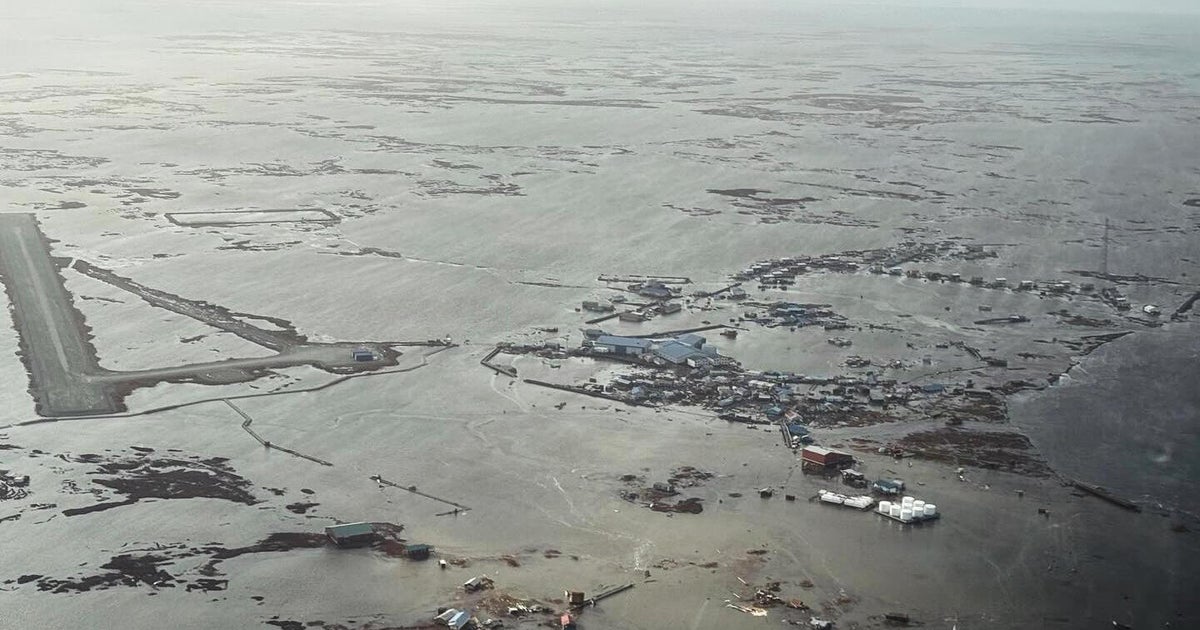


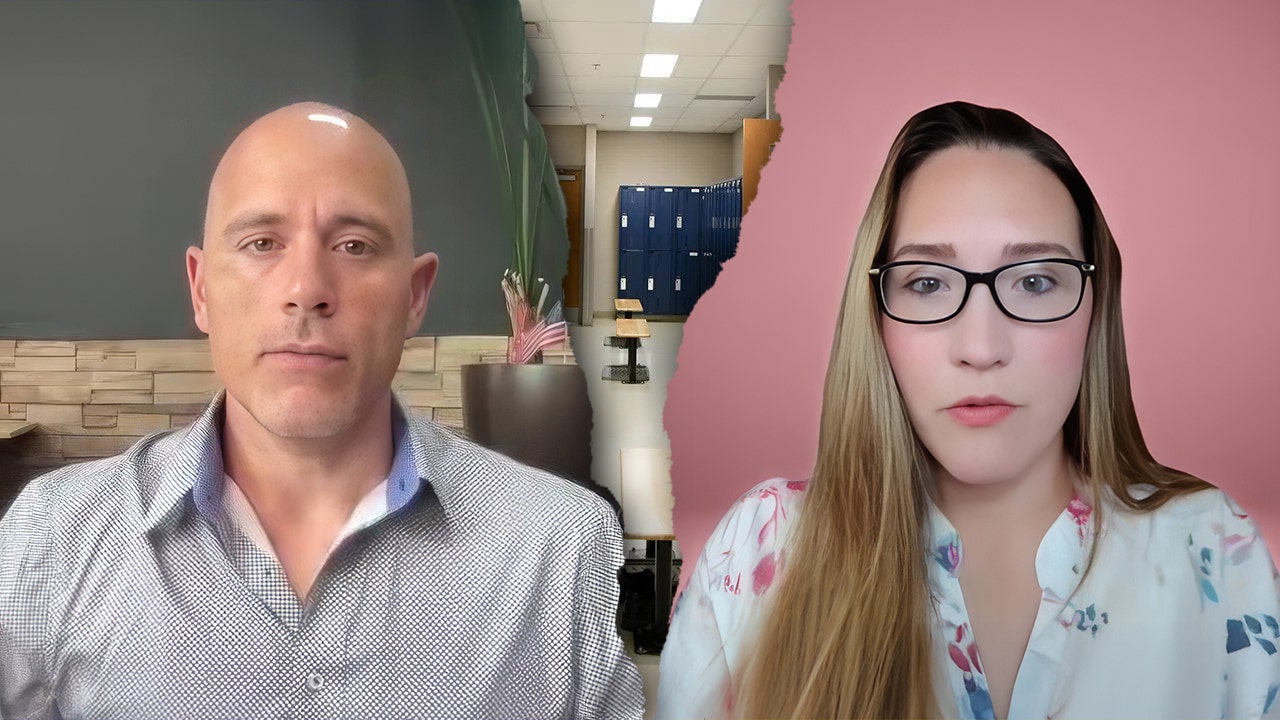
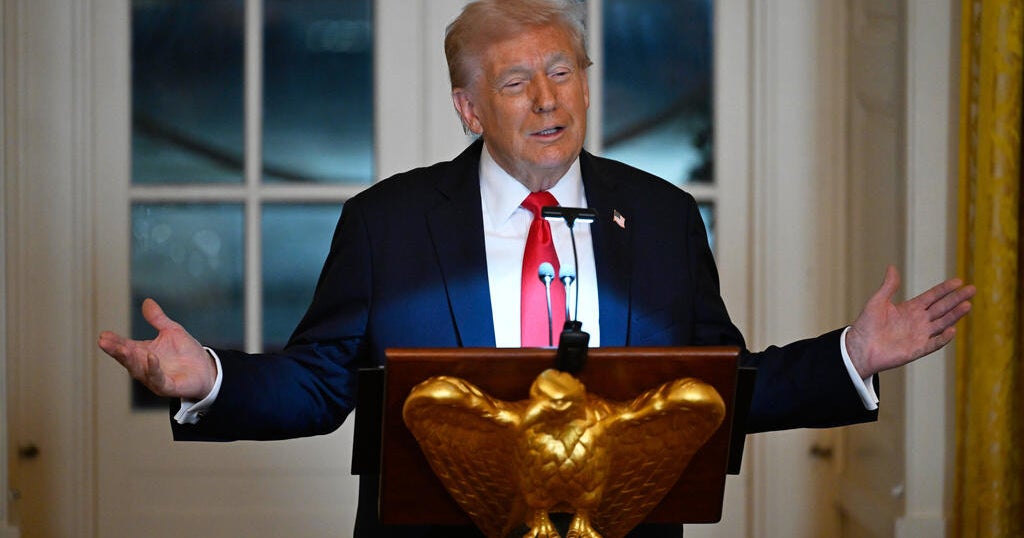
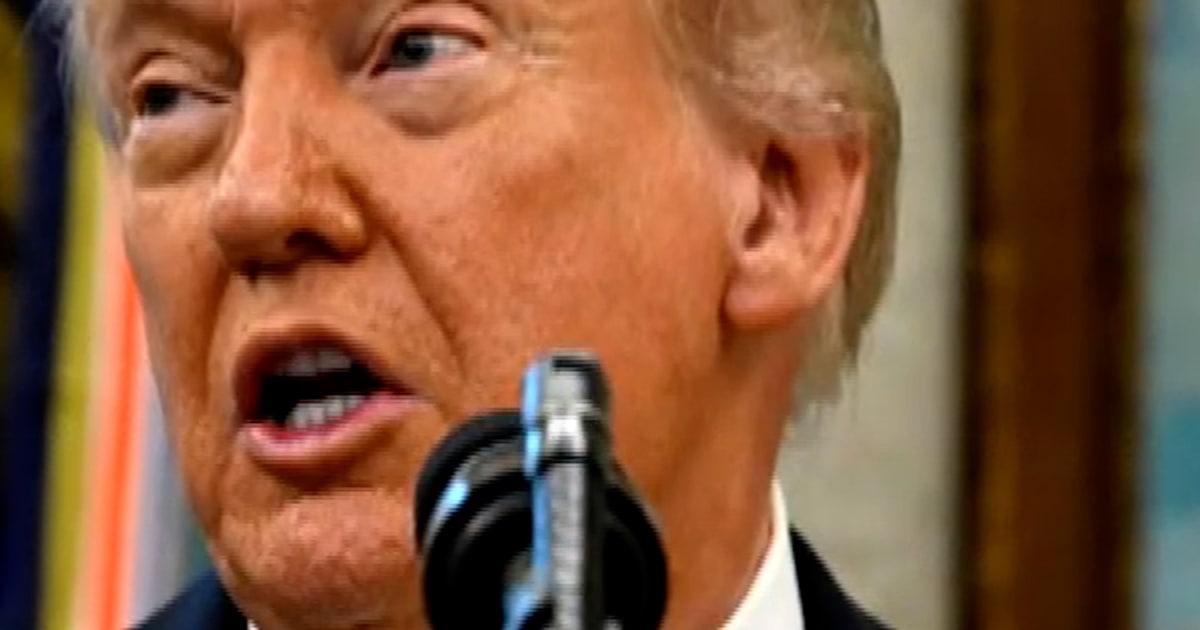







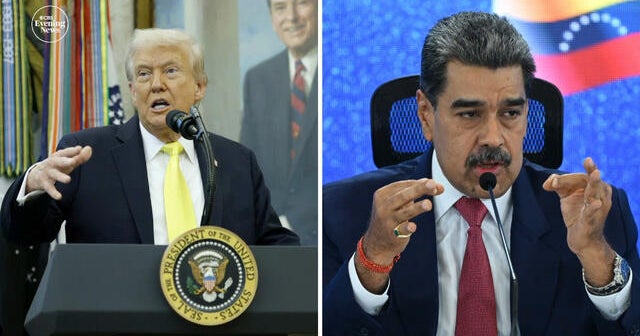
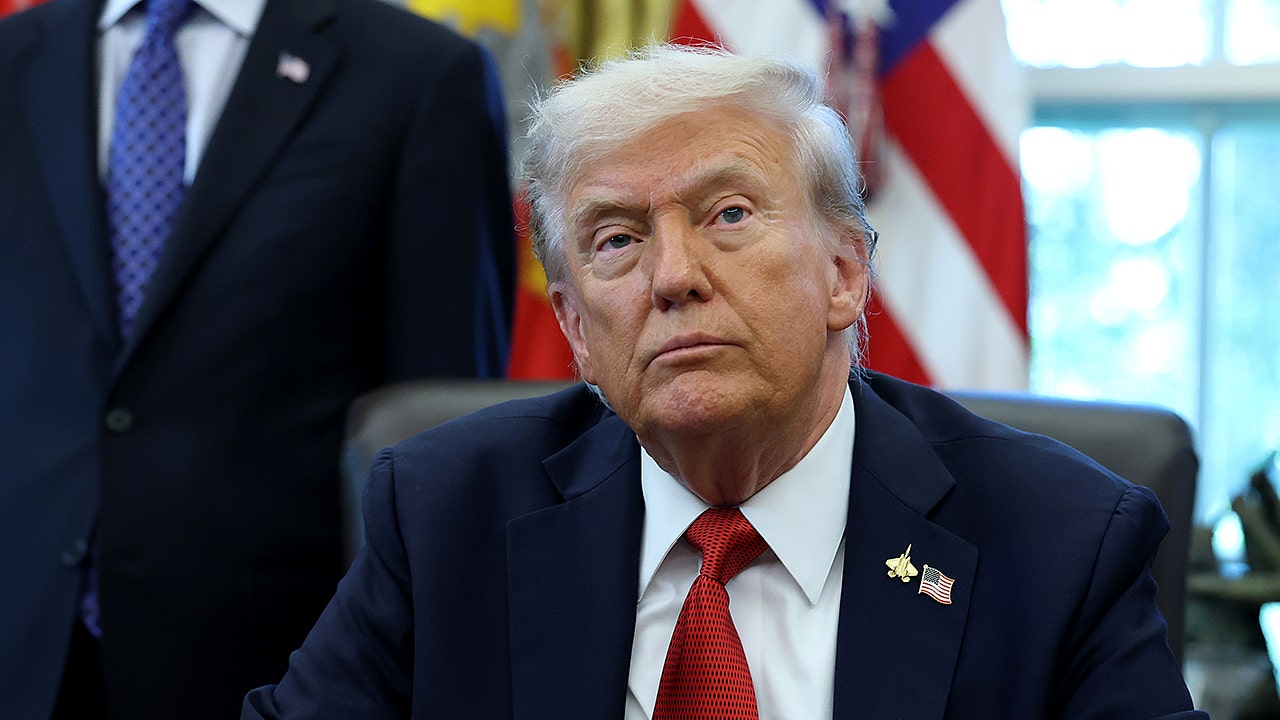
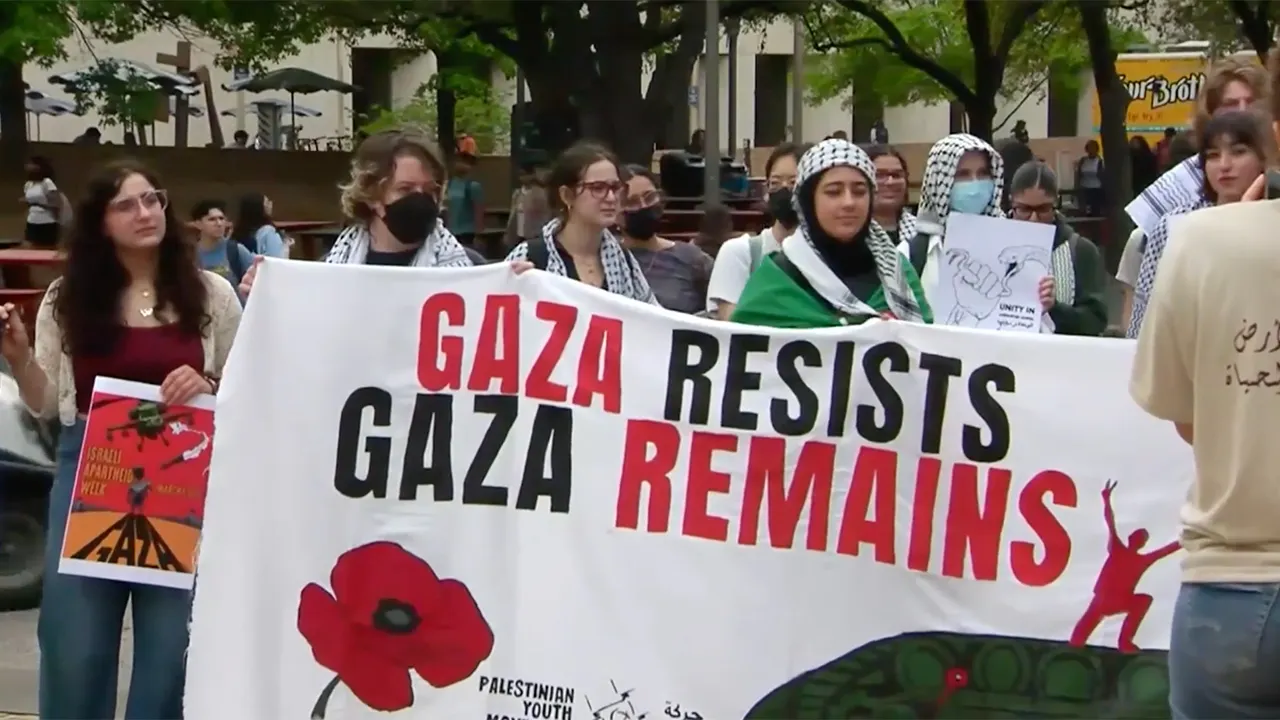
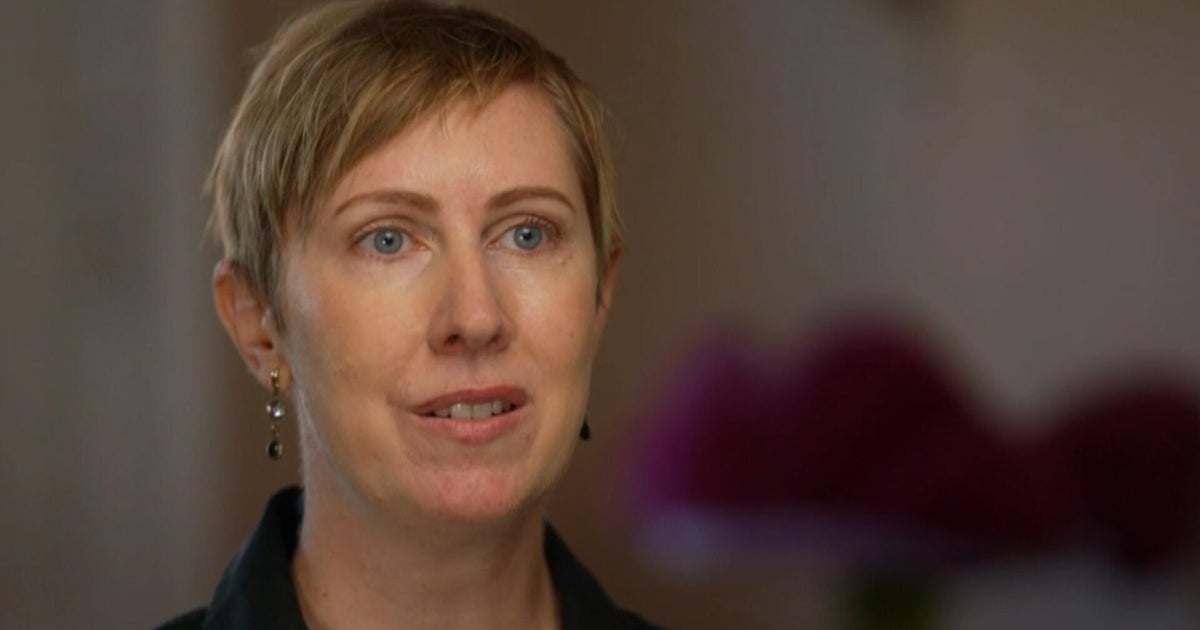
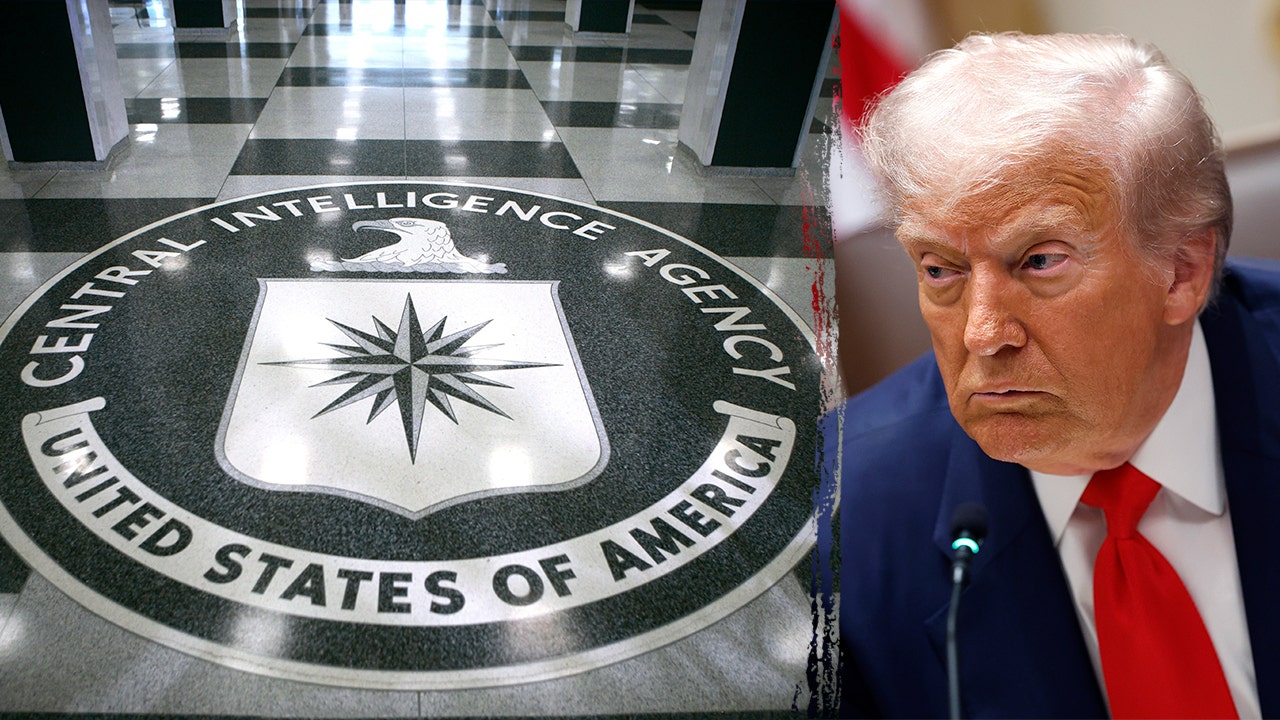
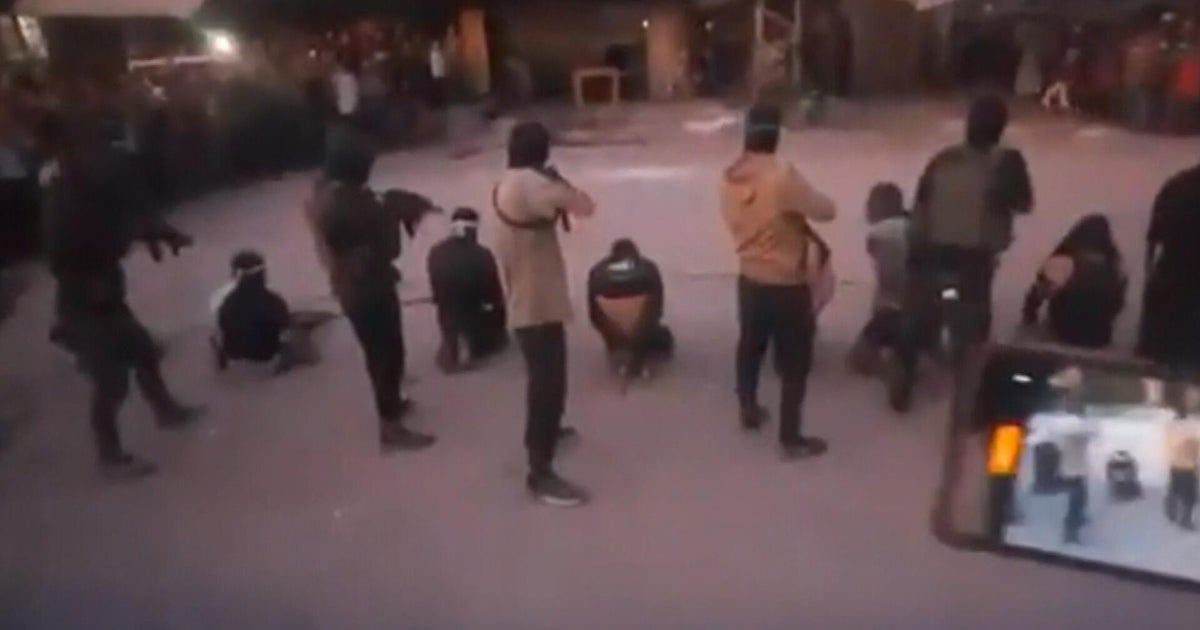




.jpeg)












 English (US) ·
English (US) ·